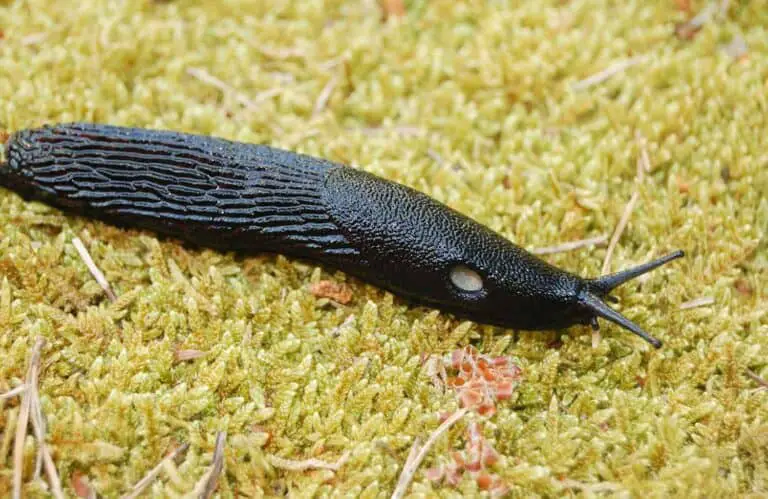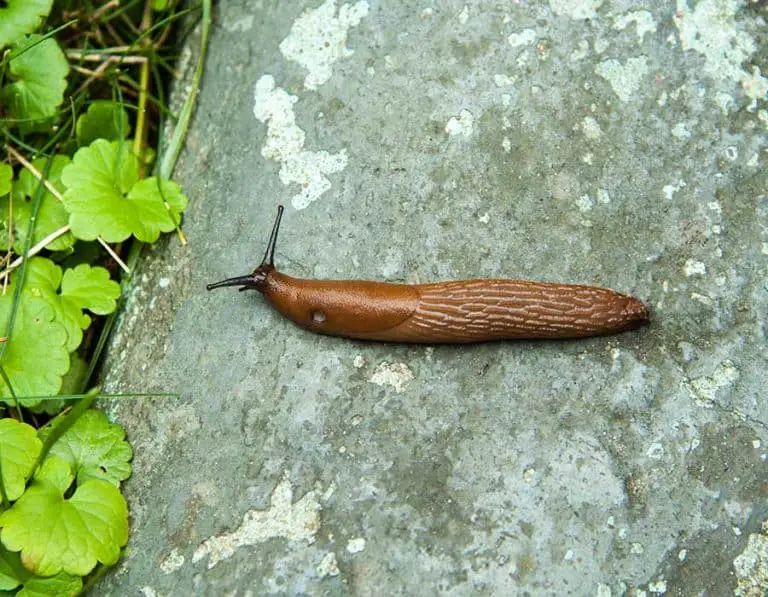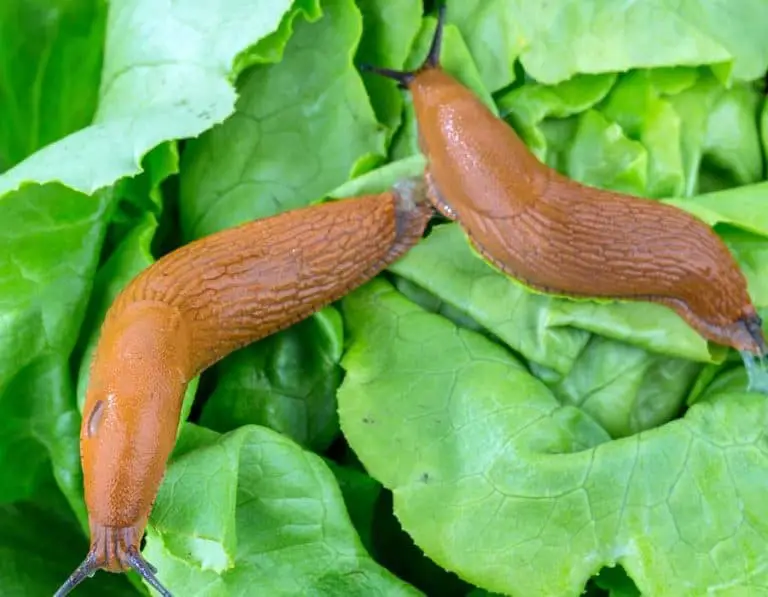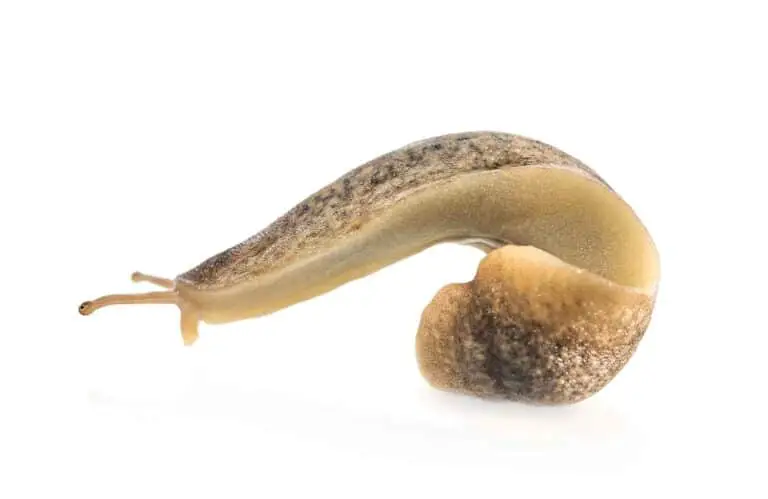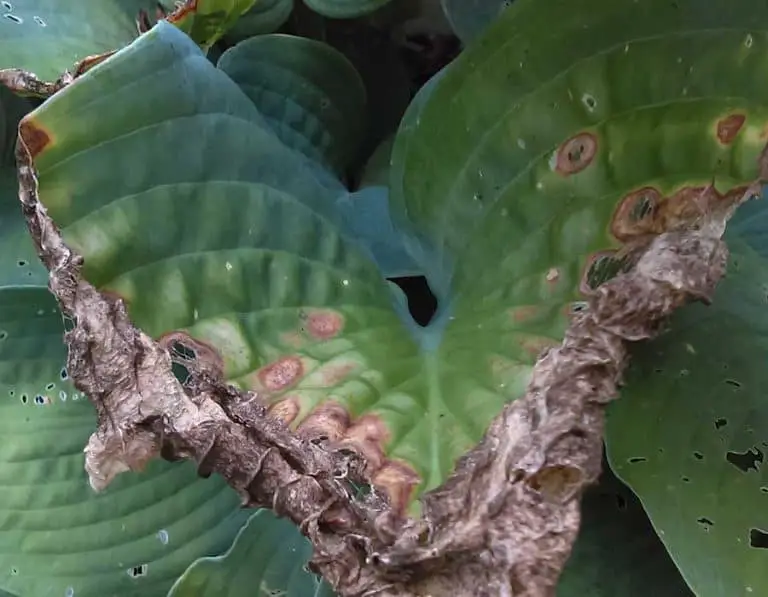Does Gravel Deter Slugs? A Guide to Natural Slug Deterrents
Gardeners have long searched for ways to combat slugs, which can be devastating to various plants. One popular method that has circulated among gardening enthusiasts is the use of gravel as a deterrent for these voracious pests. But does gravel actually deter slugs?
The short answer is that gravel can help deter slugs to some extent. The rough texture of the gravel makes it uncomfortable for slugs to crawl across, presenting a physical barrier that may discourage them from reaching your plants. However, gravel is not a foolproof solution and should be seen as just one tool in a broader slug control strategy.
In this article, we will explore the effectiveness of gravel in detail and how it may be used in conjunction with other methods to protect your garden from slugs. By understanding the limitations and benefits of different approaches, you can create a multi-faceted defense against these persistent pests.
What Attracts Slugs
Slugs are attracted to certain environments and food sources, which play a significant role in their prevalence in our gardens. Understanding their preferred habitats and common food sources can provide insights on how to manage slug populations effectively.
Preferred Habitats
Slugs are typically attracted to damp, shaded, and moist environments. These conditions provide them with the necessary moisture to thrive and lay eggs. Some common features that create such habitats include:
- Leaf litter and debris
- Thick mulch or ground cover
- Piles of wood or rocks
- Untidy or overgrown garden areas
Maintaining a clean and well-ventilated garden can help to deter slugs by reducing the available havens for them to hide and reproduce.
Common Food Sources
Slugs feed on a wide range of plant and organic material, which attracts them to gardens and outdoor spaces. Some of their most common food sources include:
| Plant-based food sources | Organic material |
| Young seedlings | Decaying leaves |
| Soft fruits | Dead plant matter |
| Succulent foliage | Compost piles |
By controlling the availability of these food sources, and ensuring appropriate garden hygiene and maintenance, it is possible to reduce the temptation for slugs to take up residence in your outdoor space.
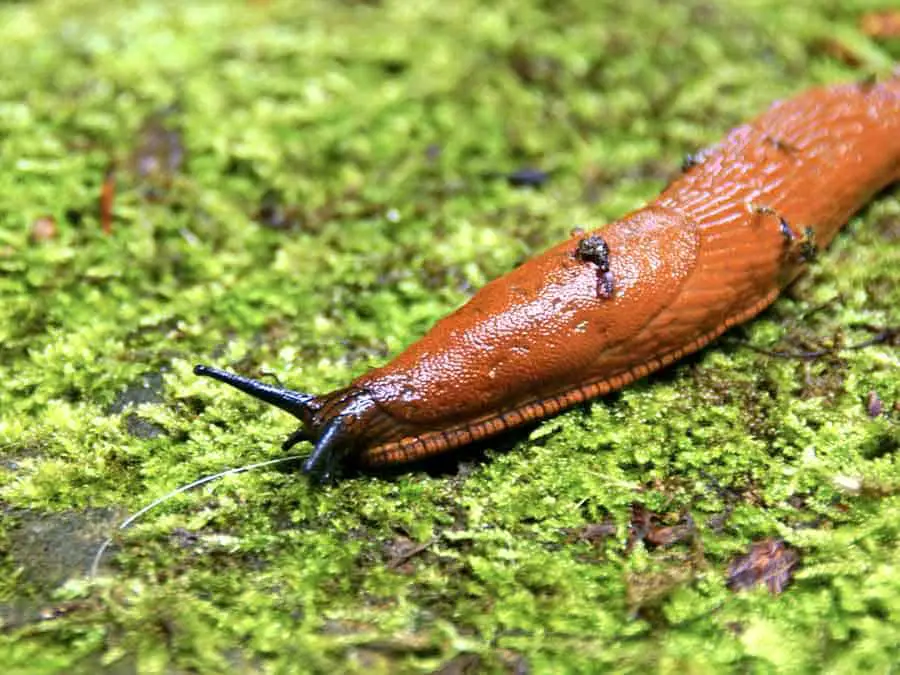
Gravel as a Slug Deterrent
In recent years, gravel has been considered as a potential deterrent for slugs in gardens, with mixed results. This section will explore whether slugs can cross gravel, the properties of gravel that may or may not deter slugs, and the overall effectiveness of gravel as a slug deterrent.
Can Slugs Cross Gravel?
Contrary to popular belief, slugs are indeed capable of crossing gravel surfaces. Although it might be more challenging for them compared to smoother surfaces, they can still reliably make their way across by secreting a slippery mucus to help them glide over the gravel.
Gravel Properties
Gravel varies in size and texture, which may influence its effectiveness as a slug deterrent. Key properties of gravel include:
- Sharp edges: Gravel with sharp edges may potentially hinder slug movement, especially if the slugs cannot comfortably glide over the gravel surface.
- Size: Gravel with larger grain size can create wider gaps that slugs may find difficult to traverse.
- Dryness: Slugs prefer moist environments, and since gravel dries out quickly, it may not be as inviting for slugs to traverse.
Effectiveness
While gravel may potentially provide some degree of deterrence, its overall effectiveness as a slug deterrent can be inconsistent. Factors such as the specific type of gravel used, the local slug population, and surrounding environmental conditions can all play a role in determining how effective gravel will be in a given gardening context.
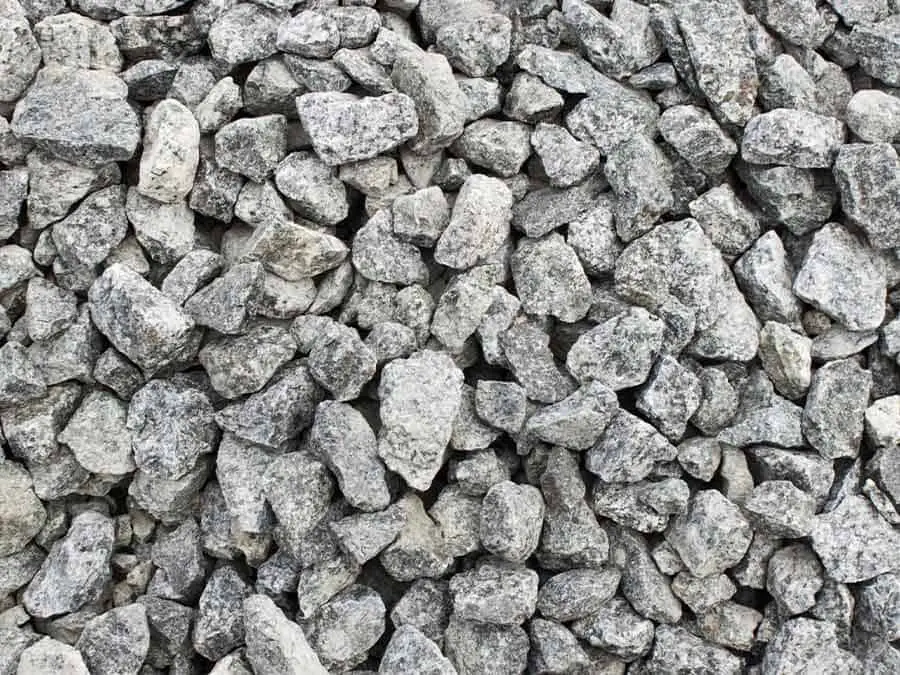
Alternative Slug Control Methods
While gravel can be an effective way to deter slugs, there are several alternative slug control methods to consider as well.
Natural Predators
Natural predators can keep slug populations in check. Some common predators include:
- Ground beetles: These insects feed on slugs and their eggs.
- Centipedes: Fast-moving centipedes can prey on slugs, effectively controlling their numbers.
- birds: Certain bird species, such as thrushes and blackbirds, will eat slugs when they find them.
Encourage these predators to visit your garden by providing suitable habitats, such as mulch or shrubbery, where they can hide and flourish.
Chemical Repellents
If natural methods aren’t enough, chemical repellents can also help control slug populations. These chemicals deter slugs and make your garden a less attractive place for them to live.
| Chemical repellent | Description |
| Ferric phosphate | A granular bait that is scattered around the garden to kill slugs when ingested. |
| Metaldehyde | Also a granular bait, but more toxic and harmful to the environment. Should be used with caution. |
Barriers and Traps
Physical barriers and traps can help keep slugs out of specific areas in your garden:
- Copper tape: Slugs dislike the sensation of crawling over copper. Apply copper tape around the edges of pots or raised beds to deter slugs from accessing your plants.
- Beer traps: Slugs are attracted to the smell of beer. Bury a container with beer in the ground, leaving the rim above the soil. Slugs will fall into the trap and not be able to escape.
Properly maintained barriers and traps can provide effective slug control without using harmful chemicals.
Choosing the Right Solution
When deciding on the best approach to deter slugs from your garden, it’s important to consider factors such as environmental impact, cost, and maintenance requirements. This section will provide you with information related to these considerations, helping you make the right choice.
Environmental Impact
The use of gravel can be an environmentally friendly way to deter slugs, as it involves minimal harm to the natural environment. Unlike chemical solutions, gravel does not emit any pollutants, nor does it harm beneficial insects, microorganisms, or soil quality. Furthermore, gravel can be locally sourced, reducing transportation impacts and supporting local businesses. However, it’s important to ensure that the gravel extraction process adheres to environmental regulations and sustainability practices.
Cost
Gravel is often a cost-effective solution for deterring slugs, as it generally requires a one-time purchase and installation. The cost of gravel can vary depending on the type, size, and quantity required, as well as the region in which it is sold. Below is a rough estimate of gravel prices:
| Type | Cost per Ton |
| Pea Gravel | $30 – $50 |
| Crushed Stone | $50 – $100 |
| Lava Rock | $100 – $150 |
Keep in mind that these costs may not include delivery or installation fees.
Maintenance
Gravel barriers require minimal maintenance in comparison to other slug control methods. To ensure their effectiveness, take the following steps:
- Regularly check the gravel for any signs of compaction or sinking, and replenish or reposition it as needed
- Keep the area free of debris, such as leaves and twigs, to maintain the barrier’s deterrent properties
- Consider supplementing the gravel barrier with other measures, such as copper tape or organic slug control products, for increased protection
By taking these simple steps, you can ensure that your gravel barrier remains an effective and low-maintenance solution for deterring slugs.
Conclusion
In summary, gravel can be a useful deterrent for slugs when used properly. The rough and sharp texture of the gravel makes it difficult for slugs to glide over, potentially reducing their access to plants in your garden.
However, it is important to understand that gravel alone may not be entirely effective in keeping slugs away. Combining it with other methods, such as:
- Using barriers like copper tape or diatomaceous earth
- Introducing natural predators like ground beetles and toads
- Applying organic or chemical slug repellents
By using a combination of these strategies, you can create a more comprehensive approach to slug control and better protect your plants from these common garden pests.

